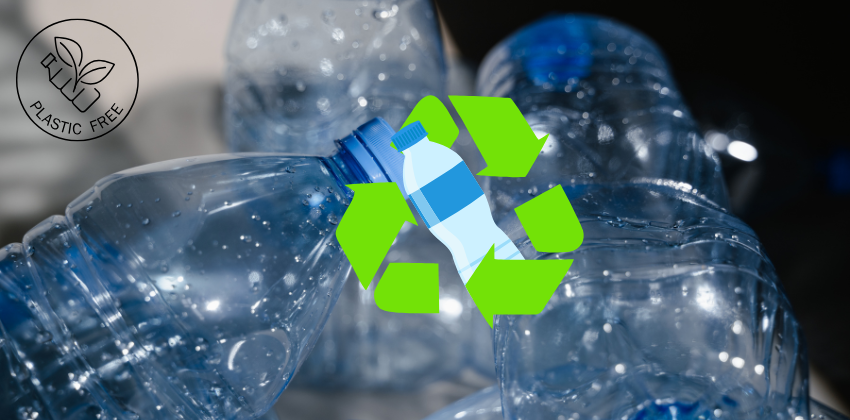
EPR registration for plastic Packaging waste
In 2016, the Government of India introduced the concept of Extended Producer Responsibility (EPR) to address the growing challenge of plastic packaging waste. Across the world, various types of waste pose environmental concerns, with plastic packaging being one of the most critical. Before the implementation of EPR, India, like many other nations, struggled with managing plastic waste effectively. The increasing use of plastics, combined with insufficient waste management infrastructure, led to environmental degradation, clogged water bodies, and threats to biodiversity.
To combat this issue, the Indian government enacted the Plastic Waste Management Rules, 2016,under the Environment Protection Act, 1986. These rules place responsibility onproducers, importers, brand owners, and industries using plastic packaging for their products to ensure the collection, recycling, reuse, or proper disposal of non-recyclable plastic waste. EPR clearly defines the obligation of entities introducing plastic packaging into the market to manage its end-of-life impact.
Example: EPR Responsibility in Action
Take Amul, for instance—a company that sells milk, curd, cheese, and flavored milk using plastic packaging. After consumption, the discarded plastic becomes waste. Under EPR guidelines, Amul is responsible for setting up collection systems to recover this waste. The collected plastic must be handed over to recyclers authorized by the Central Pollution Control Board (CPCB). If any packaging is non-recyclable, it must be processed through environmentally sound end-of-life (EOL) disposal methods.
The Evolution of EPR in India
Since its introduction, EPR has continued to evolve in India. The government has established clearer targets, introduced better implementation frameworks, and partnered with industry stakeholders, waste management companies, and environmental organizations. These collaborations aim to increase awareness, ensure compliance, and encourage innovation in plastic waste management.
Commitment to Sustainability
The implementation and evolution of EPR in India reflect a strong commitment to environmental sustainability. It encourages industries to adopt responsible production and disposal practices, reduce plastic pollution, and contribute to building a greener, more sustainable future.
Request A Call Back
Ever find yourself staring at your computer screen a good consulting slogan to come to mind? Oftentimes.






